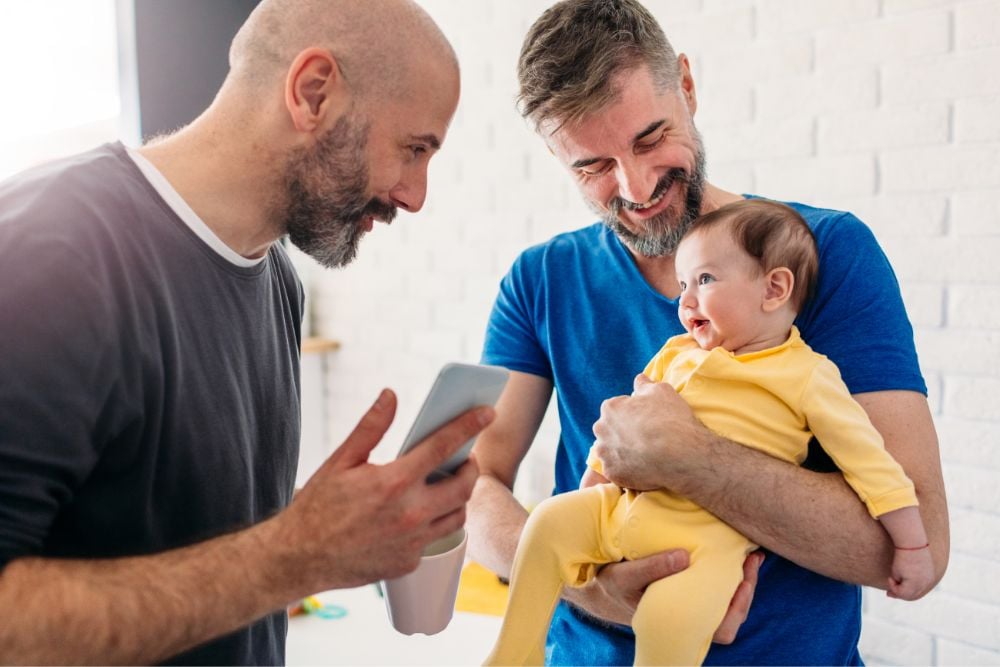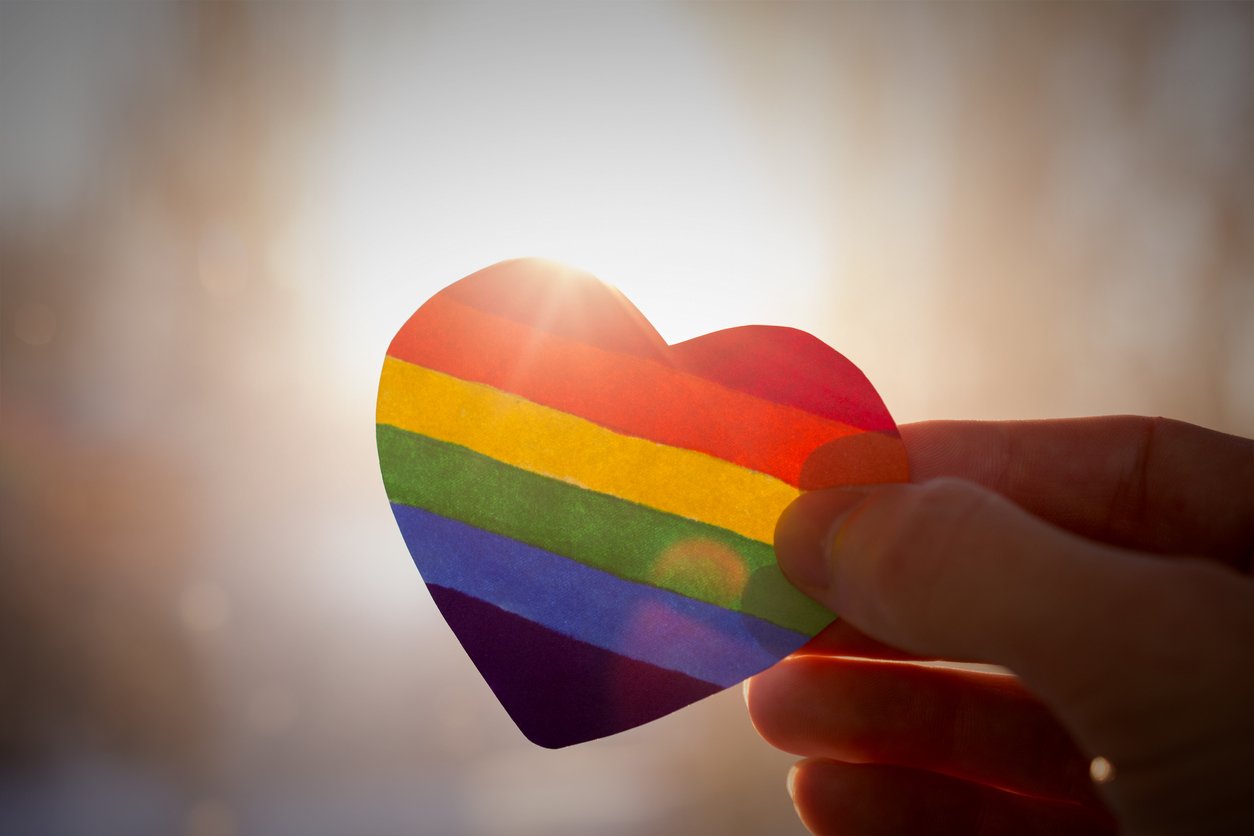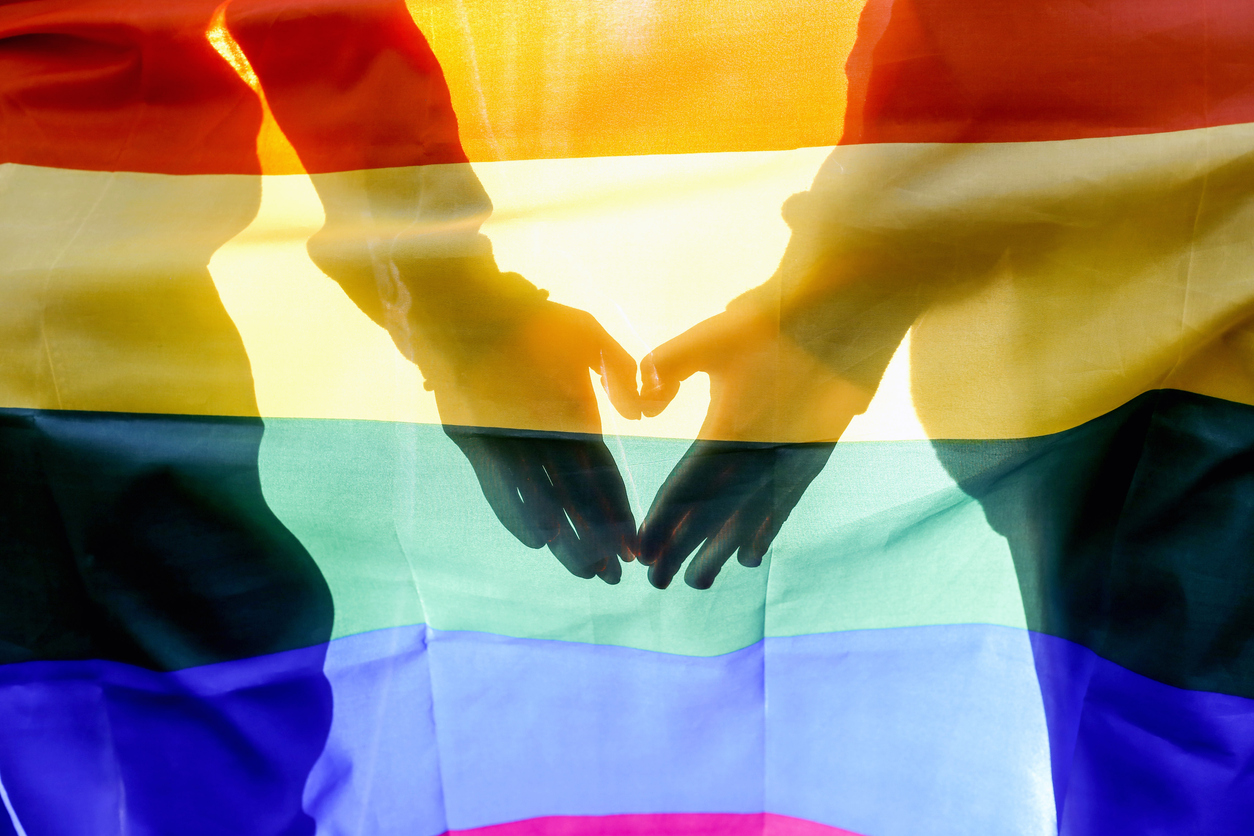Happy Pride Month! How Egg Donors Help Create LGBTQ+ Families
by MyEggBankin LGBTQ+June 16th, 2023

Every June, Pride Month serves as a time of celebration, empowerment, and visibility for the LGBTQ+ community. In the spirit of inclusivity and recognizing the unique path that LGBTQ+ individuals and couples must take on their journey toward parenthood, we’re exploring how egg donation provides aspiring LGBTQ+ parents with the powerful opportunity to navigate this extraordinary adventure.
What is Egg Donation?
The egg donation process involves a person, known as an egg donor, offering their eggs to another individual or couple unable to conceive a baby with their own eggs on their own. Egg donation holds significant importance to the LGBTQ+ community, including same-sex male couples, trans individuals without viable sperm, and others.
How Does Egg Donation Work?
Whether you fall somewhere on the rainbow spectrum or not, the egg donation process is very similar. There are several steps in the egg donation process, including:
- Potential egg donors are evaluated medically, genetically, and psychologically, to ensure the donor's physical and mental well-being, as well as minimize the risks linked with the egg donation process.
- When a suitable donor is found, the donor's menstrual cycle is synchronized with the recipient's cycle or, in the scenario involving single men, or same-sex male couples, the cycle of a gestational surrogate. A gestational surrogate is a person who carries a genetically unrelated fetus for another person or couple. Hormonal medicines are given to regulate or synchronize the timing of retrieving the egg from the donor, with the surrogate’s preparation for pregnancy.
- The egg donor is administered fertility medications via injections for 10 to 12 days, stimulating the ovaries to produce multiple eggs.
- A fertility specialist retrieves the eggs once they have matured. Egg retrieval is accomplished via an ultrasound-guided needle to aspirate the eggs from the donor's ovaries.
- Once the eggs are retrieved from the donor, they are fertilized using in vitro fertilization (IVF). The egg is fertilized with sperm, either from a sperm donor or, in the instance of a single male or same-sex male couple who are aspiring parents, their sperm is used.
- The resulting, mature embryos are then transferred to the gestational surrogate, and any additional eggs are preserved for future use via cryopreservation.
- After the egg transfer, the final stage is pregnancy and birth; if the pregnancy is successful, regular prenatal care ensures the health of the baby and the surrogate mother as the embryo/fetus fully develops.
Find Your Perfect Match
If you are an aspiring parent searching for LGBTQ+ family-building options, search our donor database today at MyEggBank. Our portal makes it easy for you to find your perfect egg donor match, using filters designed to assist you in locating donors who most closely meet your requirements. View potential donor profiles and photos, then select someone who matches your wants and needs. Next, a matching coordinator will contact you to discuss the subsequent steps in the process. If you have questions about the donor selection process, feel free to contact us anytime at (866) 537-8642.




